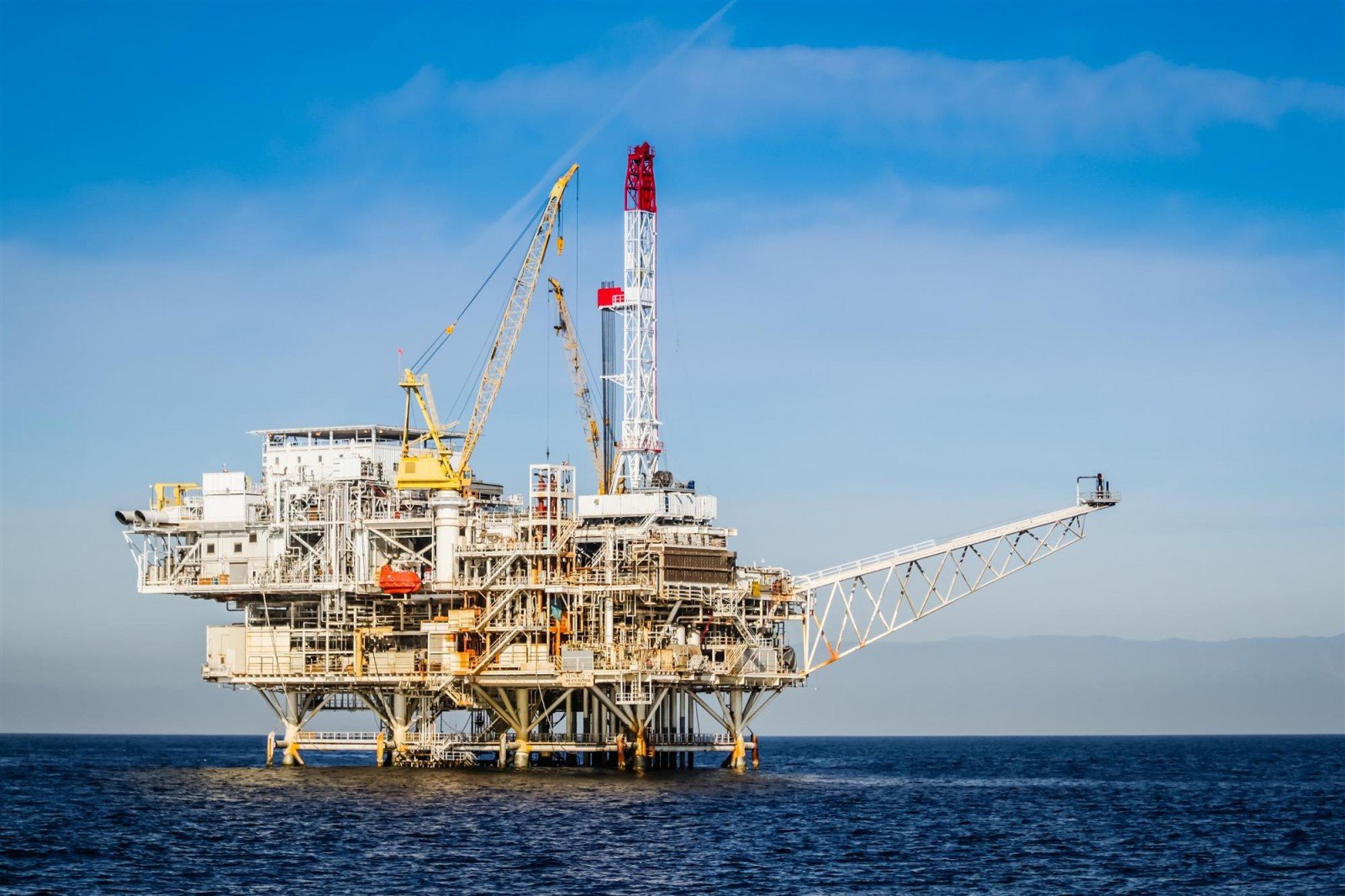I'm not thinking much of the Michaux video honestly so far. I understand he had trouble finding some data, but other sources are pretty old.
I'll have to read through the full
report, possibly with some more background I'll better see where's he coming from. I'll list some of my thoughts going through the video so we can all compare notes.
7 min: he talks about the rate of fossil fuel discovery, but doesn't mention that exploration also relates back to other sources - later he claims some like copper are tapped out. I provided a graph at the bottom showing later data, possibly he couldn't find it?
8 min: he mentions that fossil fuels are being depleted faster than discovered, declining at 5-7% year based on 2016 data. He doesn't mention that as resources decline prices go up, which is fair I guess as it's not about economics.
9:15 Regarding resource exhaustion, he does come right out and say "We don't have 50 years to get into this, we need to get into now." I'd be interested in seeing more on this as it needs to at least last until the transition, and probably beyond.
10:25 the plot is interesting with the phrase "the window of oil viability is closing", but that extrapolation looks wrong to me considering the post-covid data. He later splits it into eras and states we don't really know.
12:12 One of his assumptions is the same energy mix as 2018. I'm not sure about that, but it does jive with Elon said that as we switch we'll actually consume less power overall.
12:36 Pet peeve, why does everyone always exclude ICE? They are viable with green fuels (he says no at 13:15), but I suspect that means as a 100% replacement, again need to read the paper. Also, not a fan of the hydrogen economy, yes it's cheap to get into but the conversion penalty blows. The assumptions about hydrogen for long-distance travel are somewhat debatable, but as a conservative estimate, I can see him going that way.
13:00 Nuclear alone isn't enough, it can't be expanded in time. To that I would add, we can't afford it without a breakthrough. Pity it's so expensive, there are a lot of good things about it.
14:05 The plot's Y axis switches from capacity to economic growth? I didn't get it at first, but believe he's talking about other countries consuming more power than they do now which makes sense as they develop.
16:51 Using 2018 numbers, so much has changed in the last 5 years.... he says that it 100% needs to be sourced from
new mining - which is true of batteries, but not of other components. As batteries are only a fraction of the material needs of a vehicle it's unclear how much got summed into that.
17:50 He states that utilities need for batteries is 30x the vehicle market.
18:21 1.46 billion vehicles, says he couldn't find the number so it's his estimate. Sounds a bit low, but 2018 numbers. He also estimates 11,200 km per year which is very low for the U.S., but a lot of countries are far lower (e.g., Italy is 7.7k), so sounds about right.
19:11 He says that the H
2 vehicle will go 2.5 times farther because a battery is heavier and it takes more energy to move a heavier object. This is true at low speeds, but at some point, wind resistance cuts into the equation... so that's not a great assumption. Worse, because hydrogen has a low overall efficiency it skews the calculations.
20:11 His calculations provide 65.19 TWh of batteries over the next 30 years, 4.5 PWh of power for them, and nearly 20 PWh of power for other uses. I'm a fan of PHEVs, so small batteries with green fuels would greatly reduce the 65.19 TW. This thinking also doesn't include findings that as the economy shifts travel goes down as overall there's overall a reduction of fossil fuels currently consumed in mining and searching for resources and that most refineries burn 10% of the incoming resources to make the outgoing fuels.
21:14 More on the Hydrogen economy, which I personally disagree with but he might be right (as it's cheap to get into it is attractive to politicians). His numbers show 11.5PWh for hydrogen, but if you dump hydrogen they'd fall to ~7 PWh.
22:06 He eliminates all fossil fuels for fertilization and plastics, but aren't those bound? If they don't cause problems why replace them? Possibly fuel exhaustion? The paper might include the reasons.
23:30 Seems like he's getting into the gigo range now. He lists the 2018 number of power plants as 46,423. That seems very low. Let's reset the calculation with some easy-to-find numbers. According to the IEA the world uses
22,848 TWh annually. So, that's 952TW of generation, let's say it's at 50% capacity so 1,904,000 GW. Let's say there are 50,000 power plants, so the average generation is 38 MW per plant (and doubling that for total capacity is 76 MW).
If we need 36007.9 TWh and already have 10 TWh, we need 26PWh more. That's 2,968 GW, which at 38 MW per plant is 78,000 new 76 GW power plants - so not five times as many. Even so, the catch is if you have batteries you don't need to strand empty capacity, that is there's no need to build a 76 MW power plant with reserve when 38 MW will do. You do want some excess from non-solar days, so in practice it should less than double but more than one. Have to dig into his paper, but that's what I thought when I started fact-checking.
24:00 Here's where it starts to go off the rails for me, he's concluded that you need
12 weeks of battery storage for the system. But recants to only 4 weeks of storage, which at 32:10 he calculates as 549 TWh (which I don't follow, 4 weeks should be more than that).
Yes, solar is intermittent. But when there's no solar there's often wind, and when the sun doesn't shine here it does shine there. Even today states share power to balance energy needs. 4 weeks seems incredibly high to me, I wouldn't do that in my home, I'd build to have what I need for the minimum input. I can see that if you're going to have 549 TWh of storage you're going to need a lot more resources than others have predicted.
In comparison,
NREL concluded when the grid was 94% from renewals the most we would need 6.0 TWh of batteries (1.3 TWh on the low end). That's 1/100th of Simon's prediction. I haven't looked at the NREL paper yet, that sounds like it'll be fun to read.
29:32 The discussion on buffers ignores overbuilding solar/wind, downplays hydro, has no reference to CAES, and ignores that solar and wind can be turned off.
34:00 Sadly, as I believe his assumptions are off, so the final numbers in the excel spreadsheet will be off.
39:58 The Metal content in EV construction is way off... existing cars are recycled, between 75% and 90% of a new car comes from old cars. The only thing
new in an EV is the battery... so all that steel and the power to make it and CO2 released from it is just bad data. Interesting is the 681,865,986 tonnes of vanadium for stationary storage...first time that's been mentioned since the prior numbers used LFP for stationary storage. I don't see Vanadium being used in that sort of scale.
There's also a problem with the idea of
this is how much we've mined historically so this is how long it takes; it's ridiculous and based off of supply and demand. Why would you mine tons of lithium before 2000 when there was never a need for very much of it? Just bad logic. When there's a buck to made, people find a way.
But you know what's not on the table? Sodium for the new sodium batteries ... which incidentally are far more likely than vandium redox. Hopefully whoever is reviewing his paper points some of this stuff out to him.
41:40 Oh look
@aenyc ! The reference you provided says there's lots of lithium and it's not likely we'll run out.
41:45 Hmmm, the Nickle institute
says there's 350 million tons... not 95M. You know, all those reserve numbers remind me of people saying in the '70s we'd run of oil in a few years. What Elon Musk (and Simon himself) has observed, is that when we go looking for more resources, we find them.
42:53 He admits here we'll just make batteries of other things if there aren't enough resources.
44:58 Simon concludes copper discovery is going down as there have been no new discoveries. But that's very misleading and he conveniently cuts the chart off at a 2015 where the data wasn't aggregated leaving a negative note which is misleading. Here's one showing to 2018 and more in line with history rather than make assumptions on the last data point:
Doing crap like that really makes me start to doubt integrity. Okay, stopped watching for now ... but at this point any following conclusions start to fall into GIGO for me.
...Rudeness is society's way of saying "pull your head out of your ass".
That's what
they want you to believe. <queue conspiracy background music> ; -)












